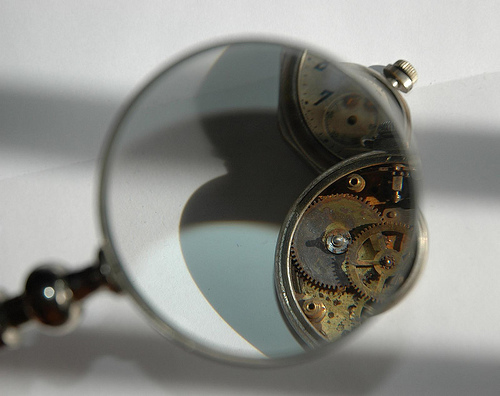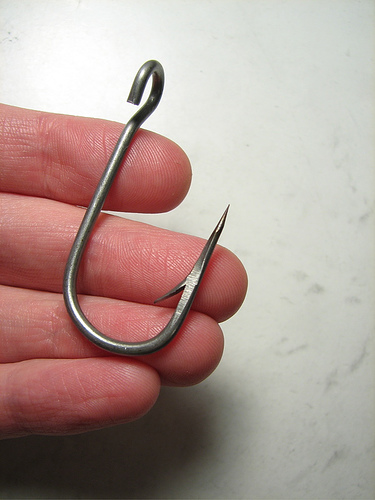How to Add a “Secret” Ingredient to Your Story Premise
Your story premise needs to be compelling if you want to entice readers and keep them reading your book. Premise is more than a situation your character finds herself in. It’s all about what she does in response.
Before you get too far in writing any story, it’s important to take the time to craft a super premise, one that is unique and intriguing and has a great hook.
What’s a hook? you may ask. Opening lines are hooks, but we’re talking about your premise. The hook is that unique element that offers mystery and surprise. And that leads me to the topic of this post: surprise.
Mysteries, by definition, all have surprise in their story hook. The best mysteries confound readers and lead them to believe one character did the crime. But at the climax … surprise! It was someone you least expected. This genre centers on surprise to be successful.
But what about other genres? I believe every story, of any genre, can benefit by a strong story hook, one that has a surprise at its heart.
Keeping a Secret
One of the best ways to embed a surprise element into your premise is to come up with a secret. There are four possible ways to construct this secret in your story:
- The protagonist is keeping a secret that she hides from the world, and if it comes out, her life, she believes, will be destroyed. Or it may be this secret gives her power, and if she reveals it, she can get what she wants. The reader does not know what this secret is and has to wait until the climax to find out the truth.
- The same situation as above, but the reader also knows what her secret is and worries along with the character that someone might learn the truth. Or is intrigued by watching the character use this secret to her advantage. (example: The Count of Monte Cristo)
- The protagonist is completely unaware of a secret or some hidden truth, but the reader is shown it at the start of the story. Tension builds as the reader watches the consequences of the character’s lack of knowledge of this secret, which she will realize at the climax of the story. This is usually defined as the difference between a suspense genre and a mystery genre—the reader knows the truth and is biting nails because she knows what is going to happen. In The Crystal Scepter, the reader is shown the true identity of the baby who is sent out to sea in a box by his mother, the queen, in a prayerful attempt to save his life. He is raised in a faraway land by a poor fisherman, who knows nothing of his identity, but readers know his destiny is calling him to greatness.
- Neither the protagonist nor the reader know what the secret is, but they are exposed to the ramifications of this secret as the plot unfolds. A good example is Rachel in The Girl on the Train. There is something nefarious going on, a woman’s been murdered, and Rachel is an unreliable narrator seeking to learn the truth. Only at the climax does she and the reader learn who has been gaslighting her and lying (the murderer) and why. Most mysteries fall into this category.
Rather than a secret, your premise can embody a fact that is hidden or unknown. It’s still a secret to readers, but no one is actually “keeping” it.
Think about something that happened in your protagonist’s past that greatly impacted them but they are unaware of this event. It could be some childhood trauma that surfaces due to some event that triggers memories or disturbing feelings. Now the character must face these feelings in order to have peace and clarity.
In Someone to Blame, my antagonist, Billy Thurber, believed all his life that his mother left him. Only when events conspire to force up memories does he suddenly recall witnessing his mother’s murder when he was a child. This buried event formed the man he became, and his facing the truth is what heals his bitter and tormented heart.
One way to come up with a good secret or hidden past trauma is to come up with a past “wound” that leads to the creation of a lie the character believes (see this post to get deeper). Think about the premise of your story, and see if you can add a surprising secret. You may find this “secret” ingredient is exactly what you need to make your story much more intriguing and powerful.
What novel have you read that had a great secret? Share in the comments.
Featured Photo by Folco Masi on Unsplash
If you don’t know how to craft a terrific story premise, you need to watch this 2-hour workshop. You’ll learn all about the story hook, your one-sentence story concept, all the elements you need in a premise, and listen to writers sharing their premises and getting feedback from me on how to make them stronger and better.
Enroll HERE and get lifetime access to the recording as well as handouts and the PowerPoint slides.












